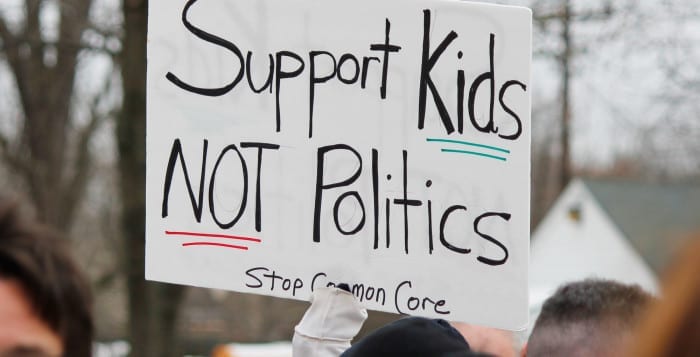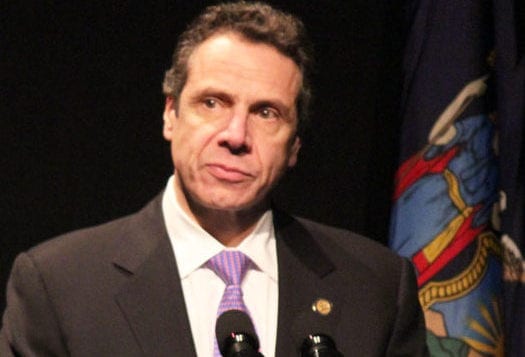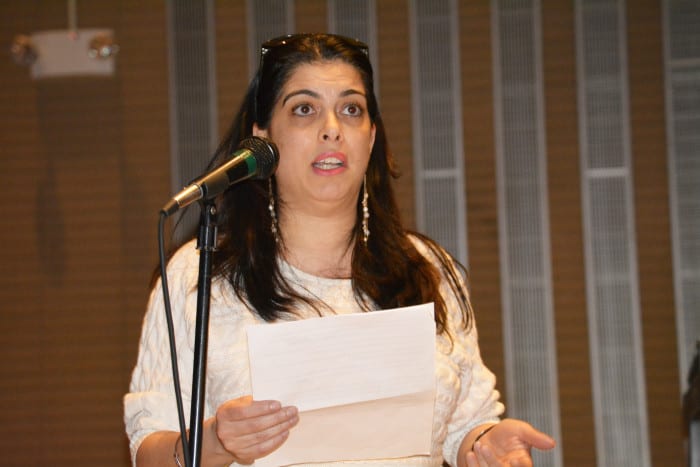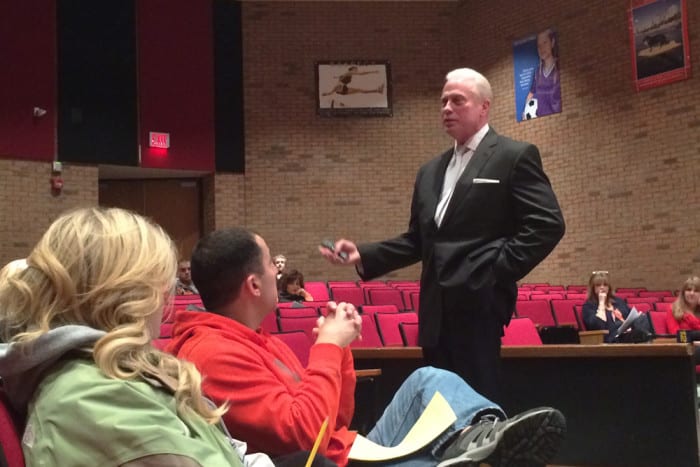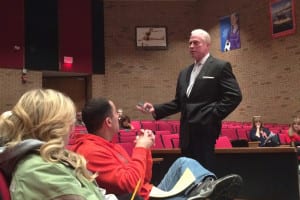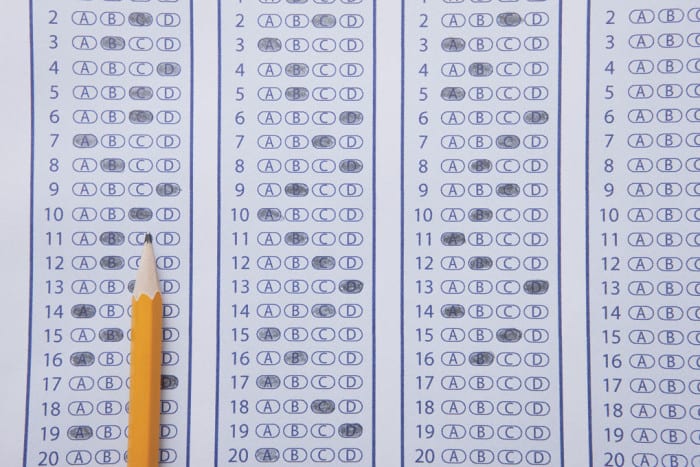Opting students out of state standardized tests has become a hot topic, and it’s a decision that should rest in the hands of parents, not school leaders.
Recently, Comsewogue School District officials had threatened to consider not administering the tests altogether if Gov. Andrew Cuomo (D) and the state education department did not acquiesce on a list of demands, one of which was to stop weighing student test scores so heavily in teacher and administrator evaluations. But the district clammed up on the measure after its attorney intervened. In addition, the NYSUT union, which represents teachers across the state, has called for a mass opt-out.
State law comes down hard on actions like this: Any school-board members or other officials like superintendents who willfully violate state education regulations — such as by refusing to administer a required assessment — risk being removed from office by the education commissioner, and state aid could be withheld from the district.
At the heart of the matter is a battle over local control of our school districts. While local officials should be consulted when it comes to shaping state education regulations and standards, there must be some degree of state standardization in education to ensure that our programs sufficiently educate kids. It’s wrong for administrators and school officials to politicize a high-emotion situation — the opt-out movement — in a way that could be detrimental to students.
In a school-sponsored, massive opt-out, the ones who face the greatest risk are the students — officials may put their jobs at stake, but the kids’ entire futures could hang in the balance if the state pulls education aid from a district that heavily relies upon it, or if otherwise competent school board members and administrators are kicked out of office.
Let us also pause to think about how adult behavior affects our kids. This paper has previously editorialized about how the commotion over the Common Core and state testing has negatively affected children — students see and hear their parents’ and teachers’ reactions, and many mimic that fear and anxiety when they otherwise would not have had such emotional reactions to tests and classes. At some point, we have to ask ourselves if this is the kind of behavior we want to teach our kids.
Calling for change is one thing, but screaming for it is another. Let’s not play politics. Above all, let’s keep cool.

